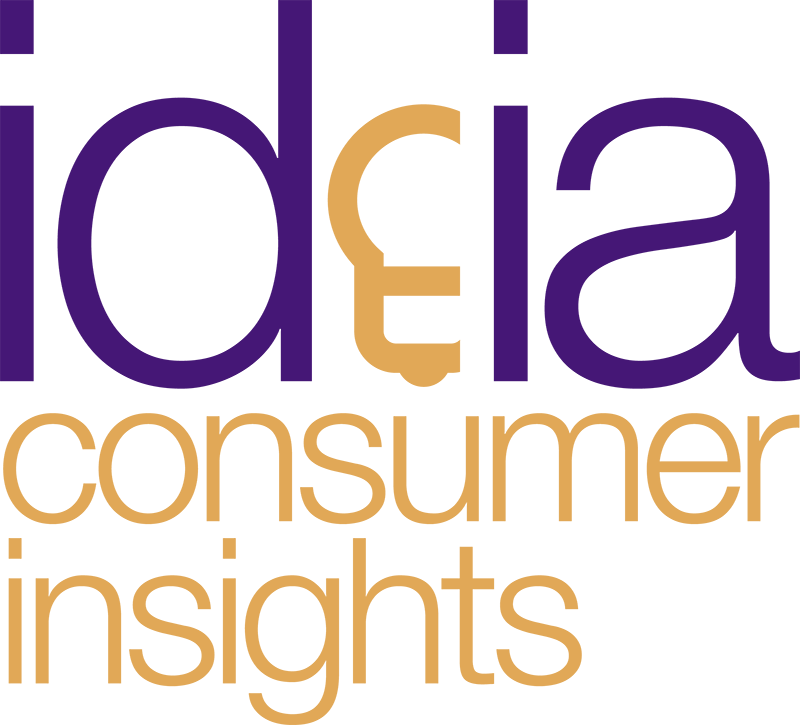Popular social media platforms with over 100 million registered users include Twitter, Facebook, WeChat, ShareChat, Instagram, Pinterest, QZone, Weibo, VK, Tumblr, Baidu Tieba, Threads and LinkedIn. Bluesky, a decentralised social media platform, has been gaining traction as an alternative to X (formerly Twitter). While its user base is still growing, it has attracted journalists, tech professionals and digital communities interested in a more open, algorithm-free experience. The platform prioritises free expression and decentralised control, making it appealing to early adopters. For businesses and not-for-profits looking to engage with niche audiences, Bluesky offers an emerging space for thought leadership and community-driven discussions.
Users could interact with each other’s content, including liking, sharing, and commenting on posts. Early social media platforms, such as MySpace and LiveJournal, were designed for people to connect with friends and family. MySpace, which allowed users to create personal profile pages and share information about themselves, became the first network to reach one million active monthly users in 2004. LiveJournal, a platform where users could share journal-like entries with either public or private networks, reached over 2.5 million active accounts in 2005. The term social in regard to media suggests platforms enable communal activity.
The Impact of Social Networking on Library Marketing and Outreach
Facebook agrees for users to communicate with each other, share photos and videos, and join groups and pages. Facebook is also a dominant tool for businesses to connect with potential customers. Social media can also be used to build relationships with influencers and other businesses in your industry.
The interactive nature of social media has also transformed how people engage with information and with each other. Unlike traditional media, which provides one-way communication, social media fosters dialogue through likes, comments, and shares. This interaction enables collective decision-making and creates a sense of community around shared causes or interests.
A study from the University of Chicago found that people who use social media more frequently tend to have greater levels of anxiety and depression. Some large social media sites, such as Facebook, YouTube, and Reddit, have been around for ten or more years, but others are much newer. We begin with an outline of key trends and conclude with a perspective on the social media adoption rate relative to other modern communication technologies. The rapid and vast adoption of these technologies is changing how we find partners, access information from the news, and organize to demand political change. The company argued that parents of Australian teenagers want more control than an outright ban will give them, citing Ipsos polling it commissioned that was released on Thursday. Mr Coleman said the Coalition didn’t want to see a situation where major social media companies could seek exemption from the laws.
Business models
In 2005, just 5% of Americans used a major social platform; by 2021, this number increased to 72%, according to findings from the Pew Research Center. Globally it’s estimated that 4.89 billion people are using a form of social media in 2023, according to statistics from Statista. Social media platforms also collect and store your personal information that you provide when you sign up, and they track and record your interests and online behaviour. This may include the web pages you visit and the amount of time you spend on them. Jackpot Jill Casino Starting in primitive form, the first social networks consisted of basic messaging applications that allowed multiple users to type messages to each other over a computer network. Social media are web-based communication tools that enable people to interact with each other by sharing and consuming information.
- In 2008, Hi5, MySpace, and Friendster were close competitors to Facebook, yet by 2012 they had virtually no market share.
- Editors, governments, and media don’t have a final say over whether people can see it or not.
- About one in every three social media users reports that they have had an argument or fight with a friend or family member because of something that happened online.
- Social media can be a source of heavy stress and anxiety, especially when individuals feel the pressure to remain active online and respond quickly to messages.
- The news feed became a standard feature for many social media platforms.
An AI algorithm delivers suggested content to members’ “For You” page, leading to a highly curated experience. Next came Friendster in 2002, one of the sites most directly comparable to modern-day social media platforms. This site supported photo sharing and video sharing, alongside more traditional text posts and link posts, that would direct users to other locations on the internet.
One major concern is the impact on mental health, as excessive use can lead to anxiety, depression, and feelings of inadequacy due to unrealistic portrayals of life. These are just a few examples of the many different types of social media platforms available today. While businesses will continue to use these platforms to better connect with customers, there may be a backlash to this consumerism among users who enjoy the more pared-down experience of Reddit or Discord.
Instagram (
If a person seeks to master a programming language, for instance, they can join an exclusive group dedicated to the topic and gain valuable insight from more experienced individuals. From blogs about cooking to photography tutorials, many educational resources can be easily accessed through social media. But nowadays, we can have dispersed groups of friends around the world based on our subcultural interests. That has enabled small but dispersed subcultures to thrive (for everything from musical taste to philosophical beliefs).
Even when you deactivate your account, your information may remain in archived or old versions of websites, or in comments you’ve made on other people’s pages. Social media can have a positive effect on your child, like helping them learn how to communicate with others, navigate relationships and how to manage somebody who isn’t being kind to them. So, no social media at all might not be the best (or realistic) solution for your kids. The U.S. government submitted over 43,000 requests for data from Facebook and Twitter in 2015.
Betty Wainstock
Sócia-diretora da Ideia Consumer Insights. Pós-doutorado em Comunicação e Cultura pela UFRJ, PHD em Psicologia pela PUC. Temas: Tecnologias, Comunicação e Subjetividade. Graduada em Psicologia pela UFRJ. Especializada em Planejamento de Estudos de Mercado e Geração de Insights de Comunicação.

